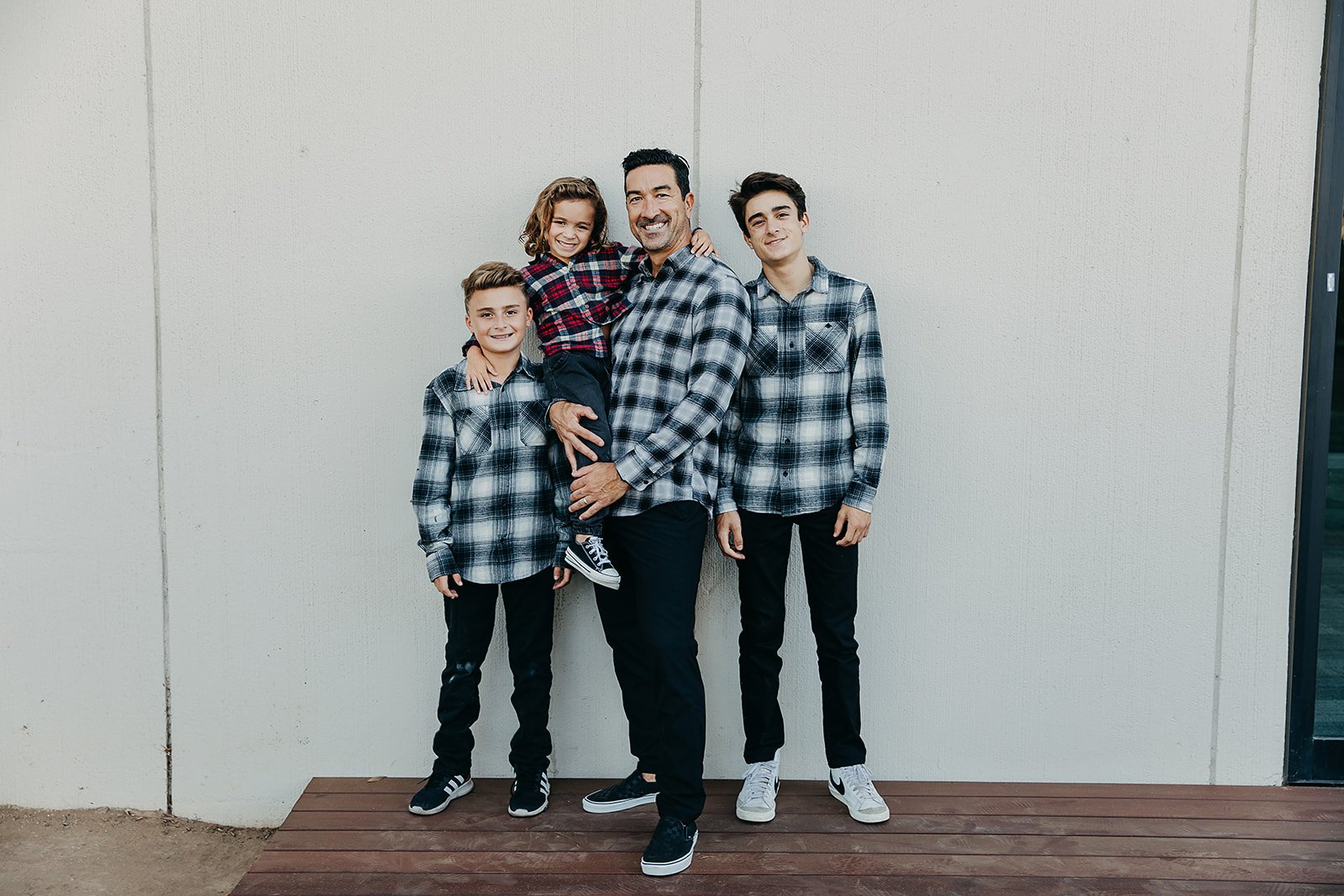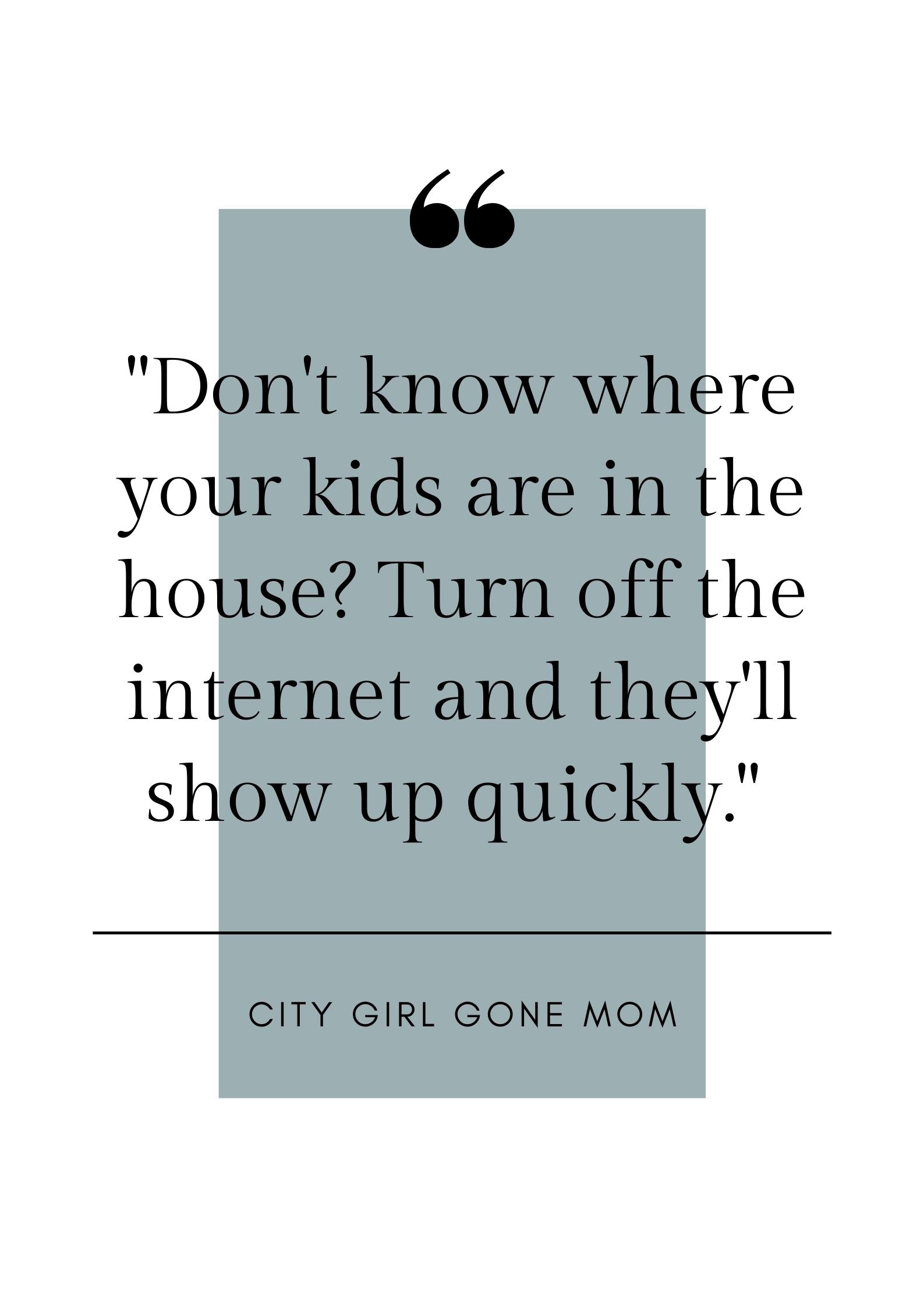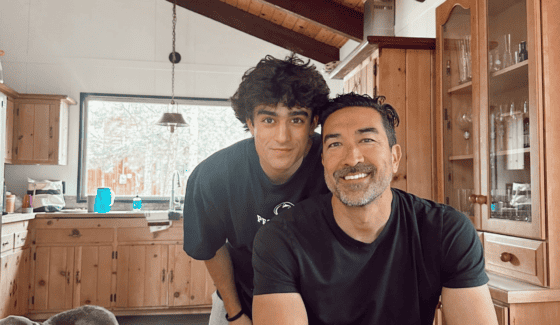There are so many things we parents have to look out for when it comes to the safety of our kids. Cyberbullying is one of those things that just feels like a foreign monster—something none of us had to deal with when we were growing up! Today, the internet is an undeniable, unavoidable part of our children’s lives. And with City Girl Gone Mom growing and Boss Baby Brody going viral, we’ve definitely had our fair share of online bullying and negative comments on social media. So imagine my surprise when I discovered that many of our bullies were actually children.
This brings me to a really uncomfortable question—is your kid a bully online? It’s something I’ve been ruminating on for a while now. I know my kids are good kids, but I also know good kids make mistakes. While I’m confident in my and Bobby’s parenting (and I’m sure most parents are just as vigilant), I think it’s important to focus on our kids’ digital footprint and talk about cyberbullying.


Talk About It
It all starts with a conversation. Having an open line of communication with my kids has been a great blessing. Since it’s already been established, it doesn’t make these talks bigger or as difficult or uncomfortable for the kids. It takes years to establish good communication but doing so early on can help you down the line. Especially as kids get on social media and interact with others online. If there isn’t that trust and openness already there, kids may feel uncomfortable or apprehensive about being open and honest.
My advice is to just be frank, speak with care, and come from a place of support. I regularly check in with my kids regarding their friends, how they’re feeling, and what’s on their minds. Not only is it good practice just to familiarize yourself with the goings-on of their world, or who they may be having issues with, but it also helps to track who your kids may be upset at or if they seem agitated when talking about certain digital apps or platforms.
Also, talk about the impact of cyberbullying. Some kids may not even know the extent of bullying or what it really means. Coming from a place of care, versus interrogation, is key to a successful conversation—explain the hurt and pain that can come from cyberbullying or cyber harassment, ways to avoid it, and what to do if they see it or experience it themselves.


Monitor from a Distance
No matter how strong of a relationship you have with your kids, there will always be things you don’t know. Myself included! I know my kids can come talk to me about anything (and I know they know that), but that doesn’t mean they always will. It’s natural in these pre-teen/teenage years for them to act more independently, to test the boundaries, and make mistakes. But there are ways for us to still monitor and keep an eye on things without turning into the obsessive, overbearing parent.
Limit screen time. Agree on specific screen time that allows them to have fun. This also ensures they’re not consumed by or glued to their phones. After school, after dinner, after homework—easy boundaries to ensure social media is a part of their life, but not their whole world.
Reserve the right to review. No matter how much we trust our kids, it’s okay to set some boundaries. Tell them that you respect their privacy, but that there are certain things you’d feel comfortable reviewing or walking through with them. Maybe it’s something you do together instead of on your own. The point is don’t sneakily dive into their phone. Tell them why and show them what you’re looking at.
Check out our family fun and follow us on City Girl Gone Mom TikTok!


Keep It Real
Honesty is the best policy. Keep it real with your kids—both about your concerns regarding cyberbullying and the repercussions if they are the ones doing the online harassment. Remember, it doesn’t mean you’ve failed as a parent or your kid is bad—this is the time and age to make mistakes. Help them learn from them.
Create a healthy line of communication with your kids regarding their online presence and make sure it reflects the kind, thoughtful, and stand-up personalities you know your little leaders have. Teach them that they can be the ones standing up for what’s right in the digital world.
Need more fun family videos? Subscribe to City Girl Gone Mom on YouTube!






